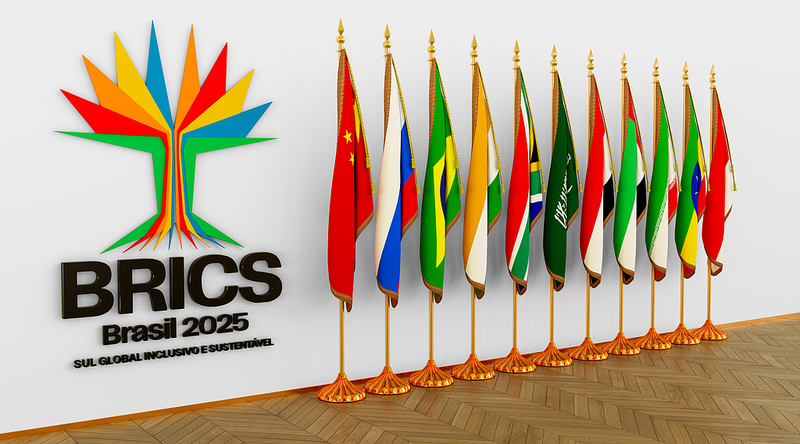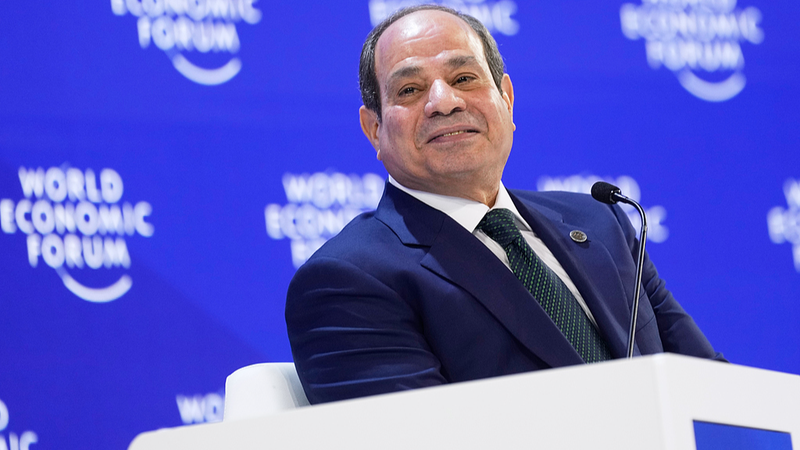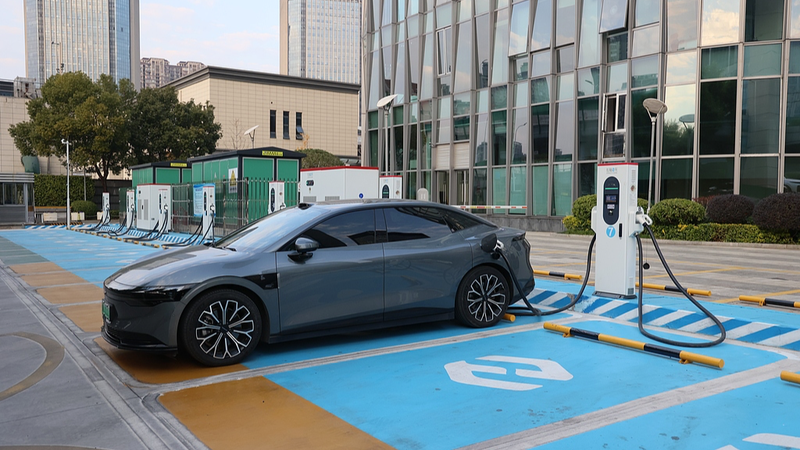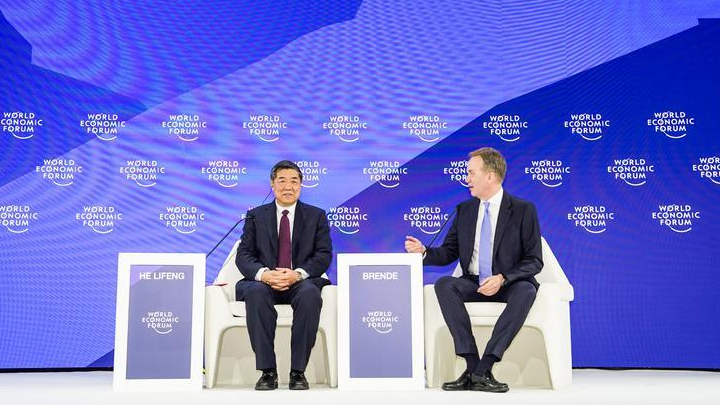At the 17th BRICS Summit in Rio de Janeiro, the spotlight is on a rising wave of empowerment for the Global South. With the New Development Bank welcoming Colombia and Uzbekistan as new members, and Vietnam joining as a partner, Greater BRICS is expanding its reach across Asia, Africa, Latin America, and the Middle East. Representing nearly half the world's population and driving over 50% of global growth, the bloc is reshaping global governance and amplifying the voices of developing nations. 🌍
Chinese President Xi Jinping called for "a new horizon in the high-quality development of Greater BRICS cooperation," setting the stage for an era where independence and self-reliance become cornerstones. Chinese Premier Li Qiang reinforced this vision at the summit, urging BRICS countries to take greater responsibility in building consensus and fostering synergies. China is leading by example with plans to establish a China-BRICS research center focused on new quality productive forces, along with scholarships targeting emerging sectors like industry and telecommunications.
The blueprint for South-South cooperation is strengthening with concrete projects. Initiatives such as the "Friends of Peace," digital economy centers, and cultural platforms like the BRICS Civilization Dialogue are boosting actionable cooperation and global solidarity. A recent CGTN survey highlights that 90.4% of global respondents appreciate China's role in BRICS, while 91.2% believe the bloc is vital in shaping an inclusive, multipolar world.
At the summit, member countries united under the Rio de Janeiro Declaration, reaffirming their commitment to reforming multilateral institutions and building a more balanced global system. Greater BRICS is proving that when the Global South comes together, innovative ideas, cultural exchanges, and economic momentum can drive transformative change. 🔥
Reference(s):
cgtn.com




